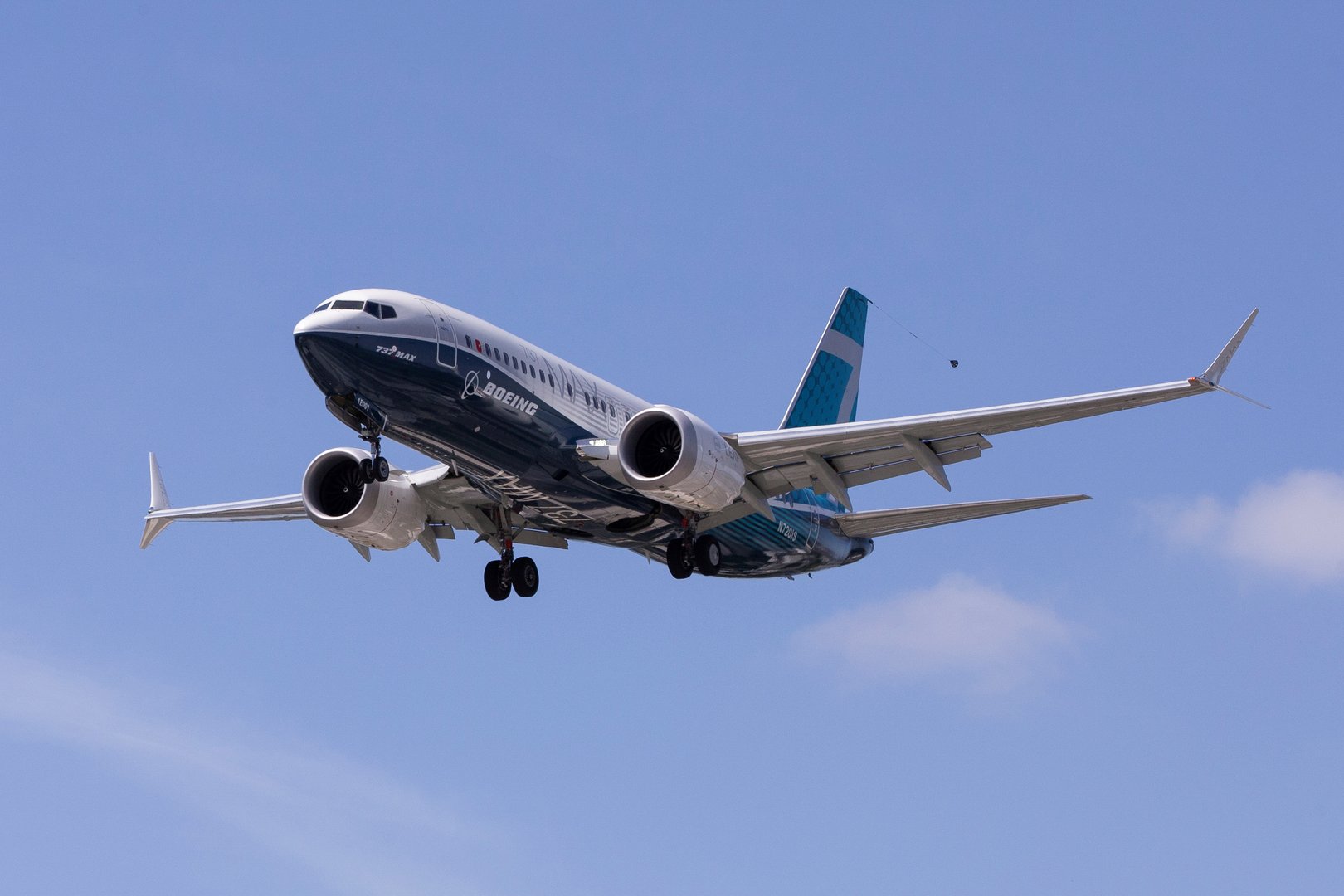Airports Council International (ACI) World on Thursday called on global government representatives to agree on a long-term goal for reducing carbon dioxide emissions in the aviation industry.
The statement by ACI World was co-signed by its regional offices in Africa, Asia-Pacific, Europe, Latin America and the Caribbean, as well as North America.
State representatives will convene at a high-level meeting in Montreal on July 19-22.
The meeting, which is being held by the International Civil Aviation Organisation (ICAO) will look into the feasibility of a long-term aspirational goal for the reduction of international aviation emissions.
The goal, ACI explained, should be aligned with Paris Agreement, which aims to limit global warming to well below 2 degrees Celcius, but preferably to 1.5 degrees.
The conference will include stakeholders from the aviation industry, government ministers and other high-level officials.
“The States’ representatives will examine the outcomes from the ICAO Committee on Aviation Environmental Protection and seek to make policy commitments in preparation for the 41st Session of the ICAO Assembly, a triennial event that establishes the worldwide policy of the Organization for the next three years,” the council said in a statement.
“ACI and other international organisations are calling on States to reach a meaningful agreement to establish a clear regulatory framework in which the aviation industry can thrive while continuing to deliver socio-economic benefits to the world,” it added.
The council explained that the aviation sector must balance out its crucial role in connecting communities and facilitating business connections, since it is responsible for 45 per cent of global trade and 58 per cent of world tourism, with a reduction of its impact on the climate and striving towards net zero carbon emissions by 2050.
ACI World and its member airports have previously agreed to the above objective, while more than 130 member airports have set the more ambitious goal of achieving net zero emissions by 2030 or even earlier.
Some airports have said that they are planning to achieve net zero emissions by 2040, while other members have called for more support to develop and implement their decarbonisation plans.
“ACI, representing the world’s airports, recognises the need for assistance in the industry transition and urges governments to tackle climate change by balancing the need for many States to grow their economies and continuing to ensure the benefits of sustainable development for society,” the council stated.
“Collaboration is the catalyst, by providing benefits to all stakeholders, so an agreement at the global level at ICAO is essential to provide consistency among policies and to avoid unintended consequences,” it added.
ACI World concluded by saying that a global agreement during the ICAO meeting would provide the necessary regulatory certainty required to mobilise investments and other funds.
This would facilitate the development and deployment of Sustainable Aviation Fuels (SAF), as well as other solutions, as they continue to mature, develop and become ready to be adopted.







Click here to change your cookie preferences